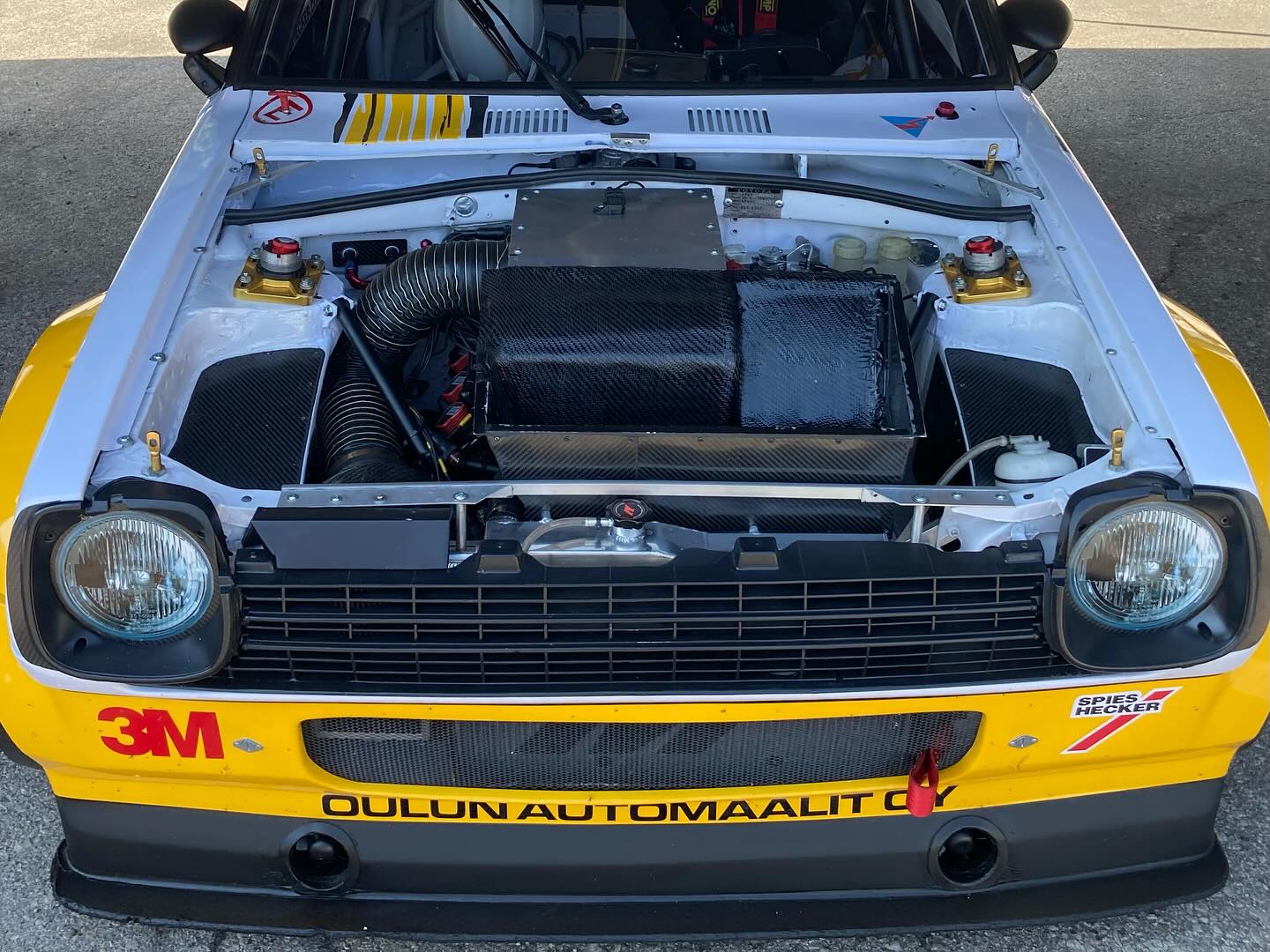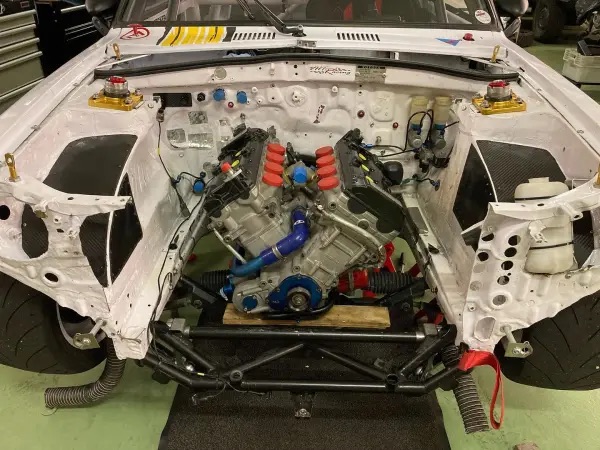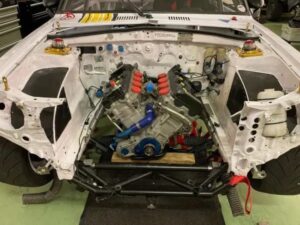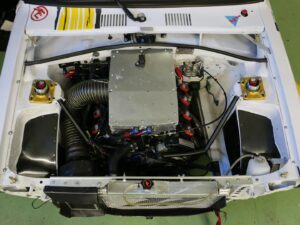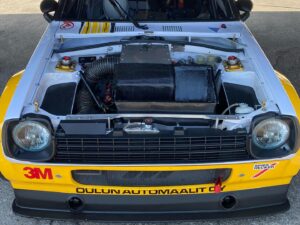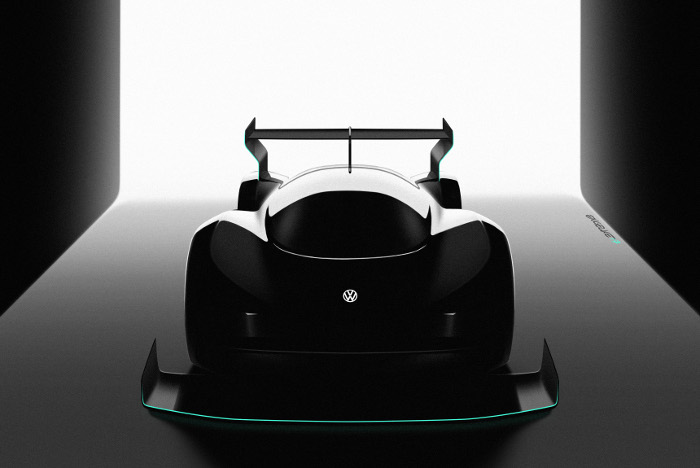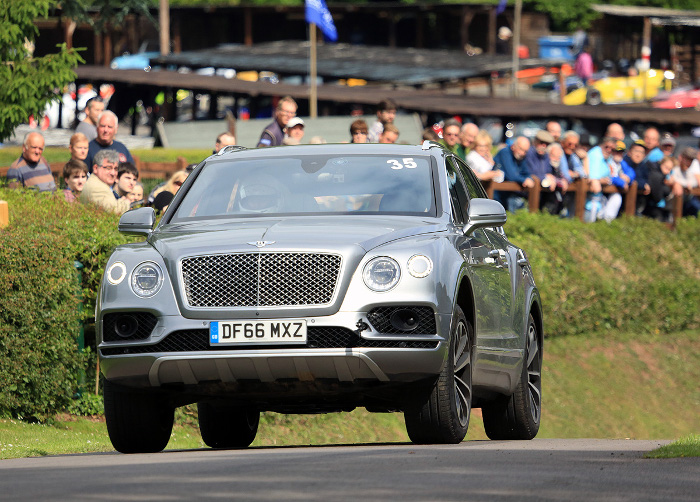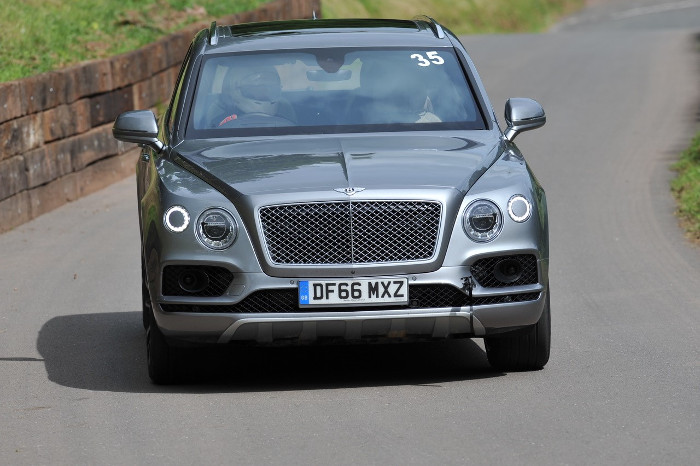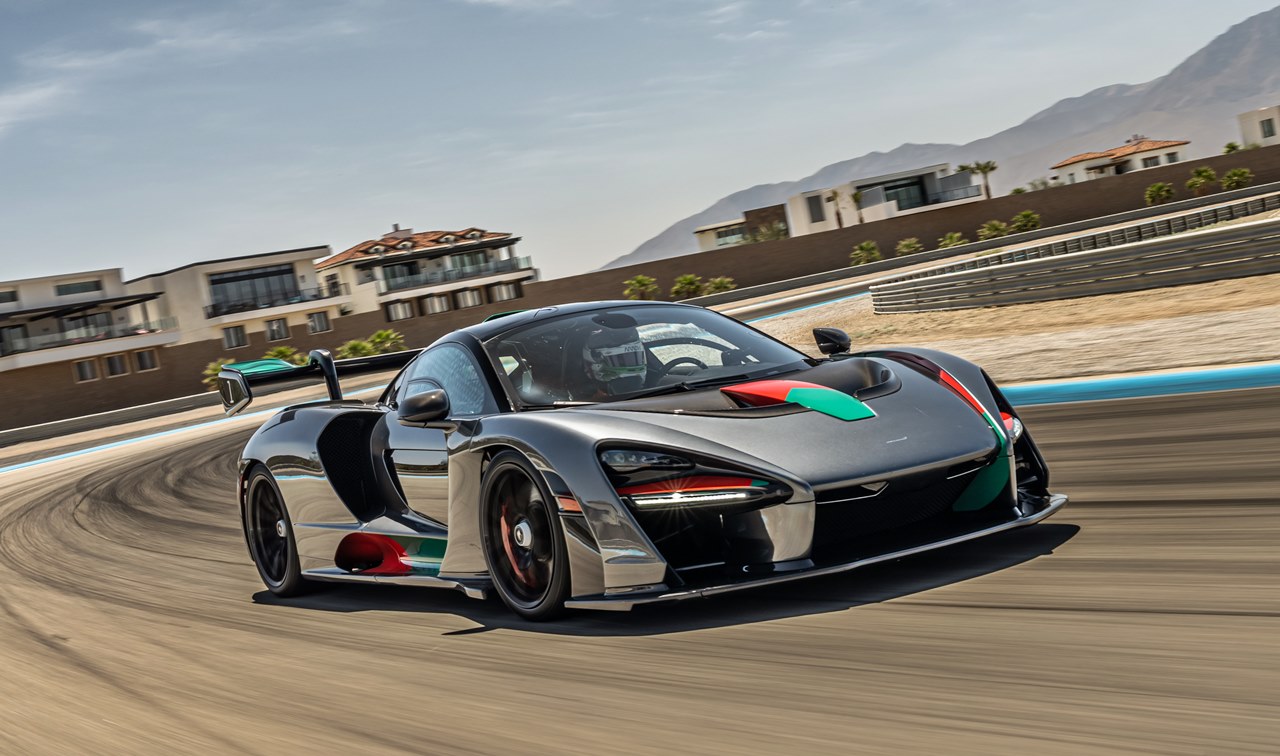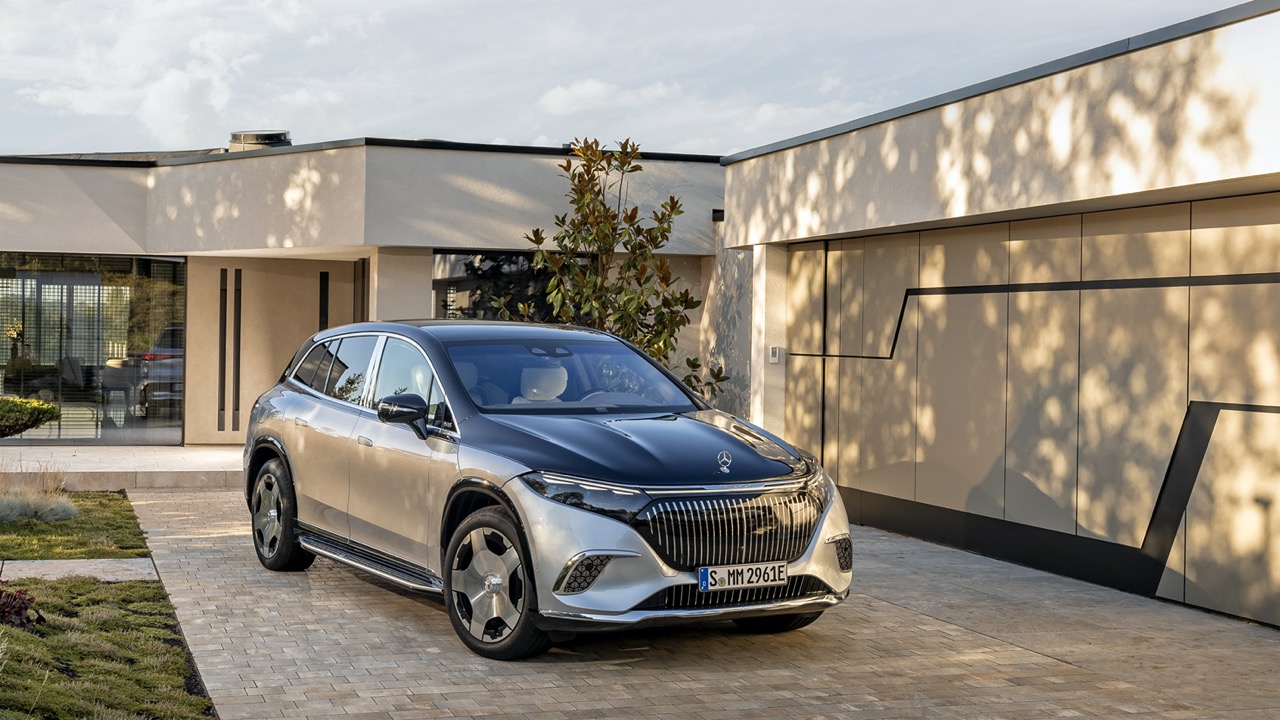Automotive enthusiasts and racing aficionados are witnessing a groundbreaking transformation as Finnish engineer and racer Mikko Kataja elevates the performance of his Toyota Starlet with the potent Suzuki Hayabusa V8 engine.
Known for his impressive modifications and hill climb victories, Kataja’s workshop, VHT Racing, has become synonymous with pushing the boundaries of automotive power and efficiency.
The Toyota Starlet, previously powered by the Toyota 4AGE engine, is undergoing a remarkable upgrade for the 2023 racing season. Kataja turned to the Suzuki Hayabusa V8 2.6-liter engine, specifically the Gen One model by Radical Precision Engineering, for its compact design, relatively lightweight, and formidable power.
While the current configuration produces an impressive 345hp at 10,500rpm, VHT Racing has even grander plans. A second-gen 2.7-litre version of the Hayabusa V8 is in the works, equipped with high-compression Cosworth pistons for enhanced power delivery. Both iterations will maintain a naturally aspirated design.
In his role as a project manager at Bosch Motorsport, Kataja, who troubleshoots technical issues for customers, has seamlessly integrated his engineering expertise into the realm of racing.
Having owned the Toyota Starlet for over two decades, Kataja’s journey with the car began in 2000 when he purchased a budget-friendly Starlet for a rally car project during his engineering studies. Despite setbacks, including a rollover accident, the Starlet became his final thesis in motorsport mechanical engineering studies.
Now, with the Suzuki Hayabusa V8 engine, Kataja’s Toyota Starlet is poised to redefine racing standards, with an estimated 440hp on the horizon. The fusion of cutting-edge technology and a racing legacy is set to make VHT Racing a driving force in the automotive world.


